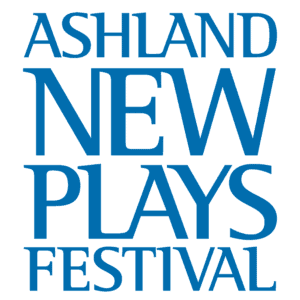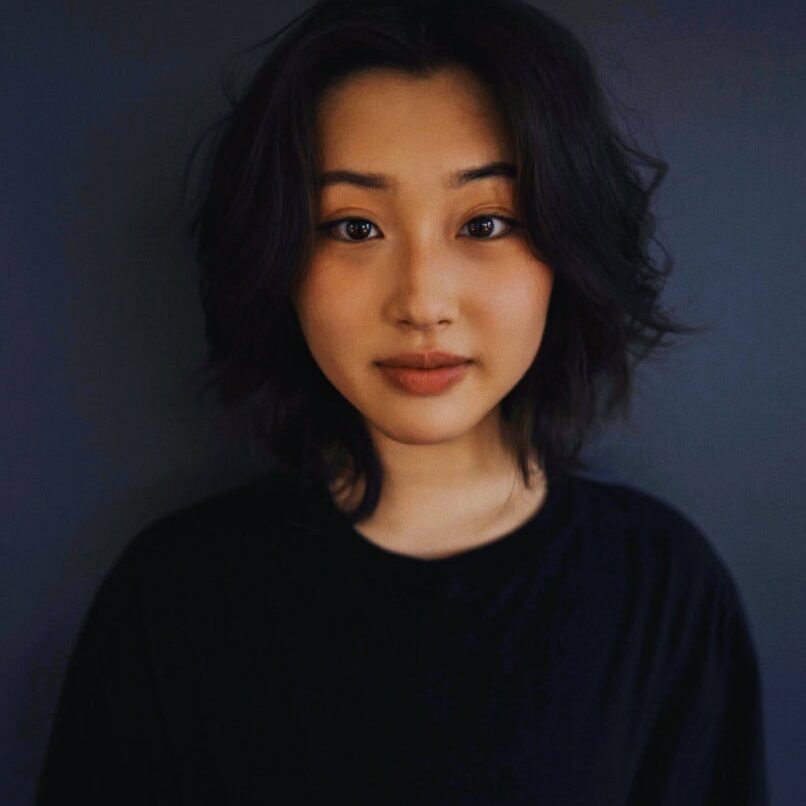Playwright Profile
Currently residing: I live in Brooklyn.
Grew up in: All over, mainly in the Midwest. I moved a lot as a kid, but I spent a good chunk of my years in West Des Moines, Iowa.
Creative beginnings: I think writing has always been in my life, whereas theatre dribbled in more during my high school years. Music has impacted my outlook as an artist the most, by far. That and nostalgia have the biggest impact on who I am as a writer and person. Like a lot of other writers, most of what I write stems from past experience.
But if I’m being really honest... what got me into storytelling was One Direction fanfiction. Reading and writing it. Mostly about Zayn. I have a big y/n complex because of it.
Playwriting inspiration: Zayn Malik fanfiction. Just kidding!
The frustration I felt over some of the work I was seeing in the industry empowered me to write my own stuff. Or at least that’s what I like to tell myself. I’m not quite sure what has fueled my playwriting, to be honest. I think I’m still figuring that out.
Writing process: I tend to work in chronological order. Usually, I know what the first scene looks like, or I know the idea of the play and just start from there. Sometimes I only know the title. I haven’t written many full length plays, or plays in general, but I notice that I focus mainly on speech patterns for each of the characters, the little tics they have when they talk. That usually drives me towards some sort of discovery of where the plot goes, rarely do I know how a play will end at the start of the writing it.
I don’t have a set schedule for when I write, but I usually find myself writing in the wee hours of the morning or wee hours at night. Always rushing to meet a deadline. I also make a ton of copies of my working drafts—I like to delete and start over, a lot. I also read everything out loud. I do that for all my writing. It's good that I live alone.
The origin of your play confirm me:
During the process of applying to grad school, I got very in my head about the play that I was working on. I considered not applying altogether, I was that frustrated with the play and what I was making.
Around that time, I happened to watch Heroes of the Fourth Turning by Will Arbery, the Zoom production. I had seen many Zoom productions at that point, so I went into it with less-than-great expectations. (Not slamming Zoom theatre, it is a beast in its own right!) But after watching it, I was stunned. Completely stunned by the text (something Zoom actually focuses on well, in my opinion) and the familiarity of those people and that sort of religious community. I was born and bred in white, conservative, Christian communities. That lifestyle has shaped me tremendously as a person, especially as a queer, Asian one.
Heroes gave me a similar feeling that I had later on when I watched the Lee Isaac Chung movie, Minari, the feeling of, “Woah, I know that kind of life, I understand that.” I don’t get that feeling often.
And then I started thinking hard about my own spirituality. My own relationship to God. What God means to me, and what it meant to me growing up, going to two different churches every week. I thought about confirmation. High school. The Midwest. Girlhood. How those things are often portrayed in the media. Eventually, I figured I should get around to writing a play based on my own experiences and opinions of those things. I ended up writing confirm me, which feels like a play about God, whiteness, Midwestern living... but really, I think it's an ode to that time in my life. My teenage years entwined with God.
(I think I’ve secretly wanted to write a play about this confirmation group and adolescence for a while now, but I was too scared to actually go through with it.)
After starting it, I ended up finishing confirm me in about two weeks, then submitted it to a couple places, and... now I’m doing this retreat.
Favorite moment or line: I have a few because I love myself. Ha-ha.
But one in particular that stood out to me during my most recent workshop of confirm me was said by Carol, one of the moms and a leader of the group. In a more intense moment, she says to her daughter, Emma, “You know that I’m a person, right? And there is so much that makes up a person.” She’s saying this after the two have been at each other's throats for awhile, and it sounds fairly simple... but those lines—when they hit, they hit. And that’s cool.
Hope for audience takeaways: When I was writing confirm me, I wanted to give the younger, more adolescent version of myself a voice. I think I experienced a lot of loneliness and grief during those years in the church, so hopefully an essence of that can come across to the audience.
How is confirm me similar to and/or different from other plays-about-girls?: I’d like to say it’s adding a meaningful part to the conversation on girlhood. There are similarities to other plays-about-girls in the way that I wanted to focus on the powers that are constantly working against them—such as highlighting the impact that men have on their lives. I feel that is pretty common in plays-about-girls. While there are no men physically present in any of the play, it is my hope that audiences can read/see their presence throughout, quite frankly, the whole thing. (This includes God, too.)
Something I have noticed with plays/movies/TV covering girlhood that I’ve wanted to differ from: there’s always a moment, or several moments, that revolve around talking solely about boobs, periods, and sex. There’s nothing necessarily wrong with that, but... it’s like people forget that we are capable of having conversations beyond those things! It’s like this weird idea that the only thing linking us, women, together are certain body parts and the experiences we have that are associated with them, which is just... a reductive, discriminatory thought that doesn’t sit right with me. I don’t want to contribute to that kind of trope at all. What I want, more than anything as I continue to develop this play, is to deepen the communication and conversations between these characters and their understanding of girl/womanhood. And I don’t think I need to bring up boobs or vaginas or sex or whatever in order to do that.
Most looking forward to at ANPF: Just sorting out the relationships and stakes for the characters in the world they’re in. It feels like the play was a skeleton before (this past workshop) and now it is a skeleton with muscles and half a nervous system. I’m hoping to get at least the other half of the nervous system, and maybe some other vital parts of it, if I’m lucky. I’m trying to be patient with this one!


